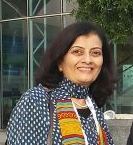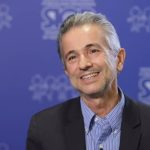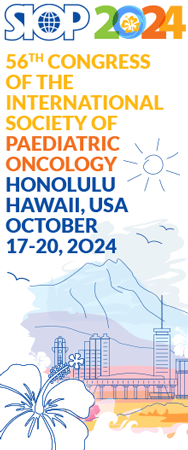Advocacy Committee

Kathy Pritchard-Jones, WHO NSA Committee Chair
Ex Officio
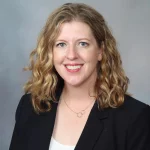
Wendy Allen-Rhoades, North America
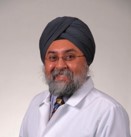
Vik Kanwar, Asia

Moatasem el Ayadi, Africa

Chris Bates, Oceania

Katrin Scheinemann, Europe
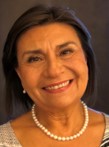
Milena Villaroel, Latin America

Lisa Morrissey, Nursing

Azeezat Ajose, Young SIOP

Rejin Kebudi, SIOP Secretary General
In collaboration with:
- Continental Presidents
- Global Health Network co-chairs & Working Groups
- CCI (Parent and Family Representative)
- Nursing Committee Representative
Latest News
Our Aims
Advocacy is central to the vision and mission of the International Society of Paediatric Oncology (SIOP) which is that “no child should die of cancer.”
The TOR of the Advocacy Committee is available here.
It is directly in line with Goal 3 “Ensure healthy lives and promote well-being for all at all ages” & Goal 10 “Reduce inequality within and among countries” of the United Nations Sustainable Development Goals which represent the ambitious post-2015 Millennium Development Goals (MDG) development agenda.
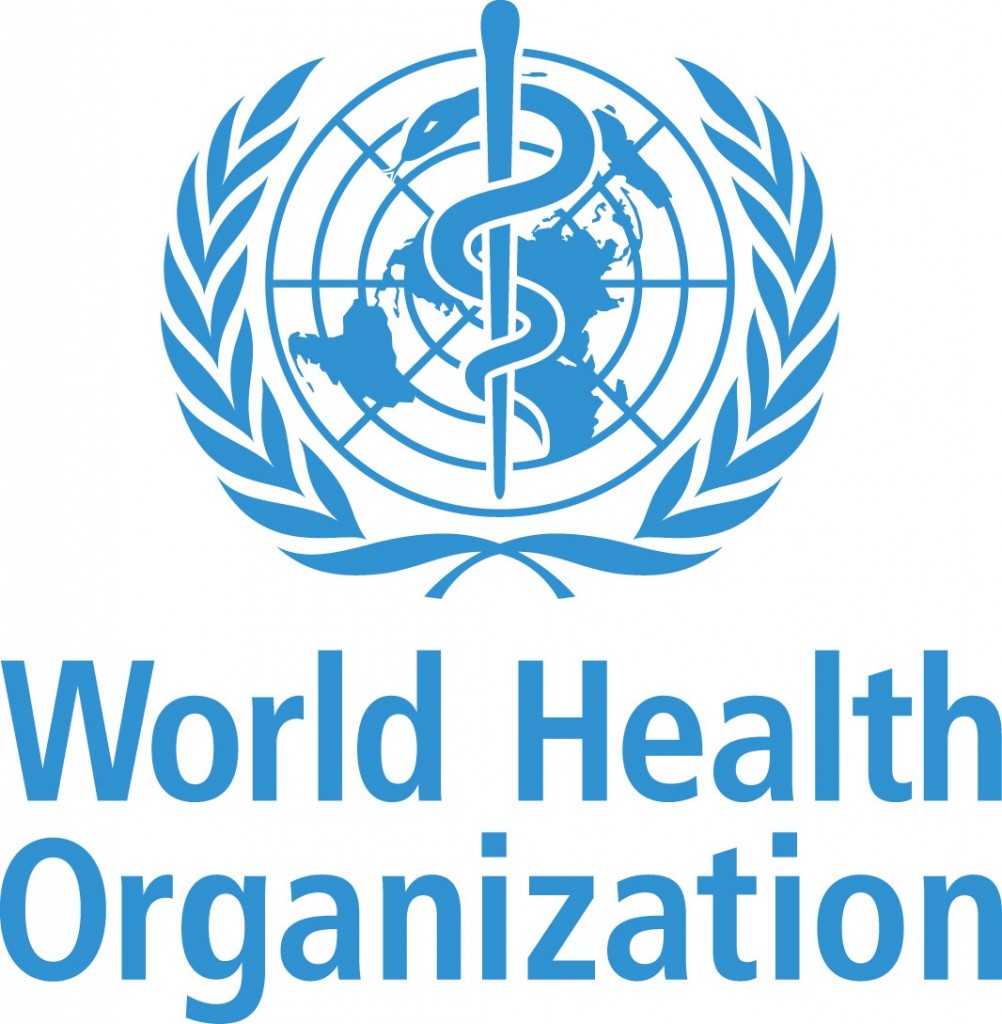
In addition to the above, SIOP is also a major stakeholder in the WHO Global Initiative for Childhood Cancer.
Launched in September 2018, this effort aims at reaching a 60% survival rate for children with cancer by 2030, thereby saving an additional one million lives. This new target represents a doubling of the global cure rate for children with cancer.
SIOP has a critical and important role in contributing towards the reduction of infant and child mortality:
- by leading the campaign, in partnership with different stakeholders, to raise awareness and build a global momentum mobilizing communities worldwide to be involved in the global fight against childhood cancer;
- by making childhood cancer better understood by the general public, general practitioners and allied health professionals;
- by educating and influencing key opinion leaders to address childhood cancer in their communities;
- by educating legislators to enact appropriate policies that could benefit childhood cancer communities such as lobbying for change in government policy on childhood cancer research and treatment;
- by advocating for appropriate long term care and follow-up for survivors;
- by producing relevant resources (e.g., “Best Practices” and case studies) that tell a story of childhood cancer encouraging a movement to achieve the vision of SIOP;
- by working together with organizations such as the WHO, CCI, UICC, St. Jude and other sister NGOs to achieve the above described contributions;
